'Rock' stars: Will Smith, Darren Aronofsky, Nutopia team up for NatGeo series on Planet Earth4/18/2018 10-part program will compete for Emmy documentary series nomination "The strangest place in the universe might just be right here." So declares Will Smith in the opening episode of the National Geographic series One Strange Rock from executive producers Darren Aronofsky and Jane Root. The rock in question is Planet Earth, home to a wondrous array of creatures great and microscopic and natural forces that inspire awe with their power and beauty. The 10-part program, airing Mondays on NatGeo and available on DVD and streaming through Amazon Video, takes viewers below the ocean surface, to Arctic glaciers and beyond the Earth's atmosphere to reveal mysteries of the only known planet to harbor life. We went to so many incredible places and captured so many awesome things on the planet. An ebullient Smith hosts and narrates the show, bursting with enthusiasm for the subject matter that, although anchored in scientific fact, feels consonant with his demonstrated passion for science fiction (I, Robot, Men in Black, After Earth). He shares screen time with more than half a dozen former astronauts who not only impart scientific knowledge, but provide a surprisingly emotional dimension to the storytelling. "We wanted [the series] to feel like it was both something that was an intellectual experience and would tell you an enormous amount about science but it would also be an emotional experience," Root explained at a Q&A following a screening of episode 1 organized by the International Documentary Association in West Hollywood on Sunday. The IDA screening served as something of an unofficial kickoff to Emmy Awards season; One Strange Rock will appear on Emmy nomination ballots for Outstanding Documentary or Nonfiction Series. The Rock production team placed a strong emphasis on arresting visuals, Aronofsky shared. "Part of the mission was always to shoot all of this stuff in the latest and most interesting ways... and really push the limits of the technology as much as possible and try to show things that haven't been seen before," the acclaimed director said, adding they recorded material in "145 different locations on six continents, and original footage shot in space to try to reveal the beauty in a way that just was captivating to audiences." Former astronaut Nicole Stott, who participates in the series, expressed her admiration for the finished product. "It's taking you from this macro 'Where is this planet in space?' down to the micro bubble of oxygen and how the planet supports our life here," she observed. "And I love this really beautiful intersection between science and art." Root, founder of the production company Nutopia, said their goal was to present a scientific-oriented series that would defy norms. "I think in terms of television sometimes things get very locked into genres, like you make science programs in a certain kind of way, you make religion programs in a certain kind of way and anthropology is another kind of thing," she commented. "And what's really wonderful is working with something like National Geographic who kind of says, 'You figure out a pathway through all this and figure out storytelling, figure out who's going to be the storytellers.' And [deciding on] astronauts was the big breakthrough moment. And combine it and find your own pathway as a viewer and that to us was just wonderful, to step outside those rules." Aronofsky has become known for complex fiction films including Pi, Requiem for a Dream, Black Swan. and 2017's Mother!, but apparently found himself at ease operating in the nonfiction arena. "I don't like to brag but it feels like we are the ultimate National Geographic show because it's kind of like you get that magazine and there'll be one story on this and one story on that and yet we brought Will Smith in to tie it all together," he noted. "That's the experience I enjoy about watching the show is we went to so many incredible places and captured so many awesome things on the planet and then just sort of trying to create a narrative that connects all of them but also connects to the emotional journey of these astronauts was the great effort." One Strange Rock covers much ground over its 10 episodes, but there is much more to explore.
"Science is just a way of looking at our world and trying to understand it. It's all about observation and seeing if you can repeat those observations and figure out a general understanding of what's happening around us," Aronofsky stated. "What's so interesting is the more you look the richer it becomes and the more questions you have to ask." |
AuthorMatthew Carey is a documentary filmmaker and journalist. His work has appeared on Deadline.com, CNN, CNN.com, TheWrap.com, NBCNews.com and in Documentary magazine. |
- Home
- News
- Videos
-
Galleries
- 2019 Tribeca Film Festival
- Full Frame Documentary Film Festival
- 2019 SXSW Film Festival
- SXSW 2018 Gallery
- 2019 Sundance Film Festival
- Outfest 2018 Photo Gallery
- Outfest 2017
- Sundance 2018 Photos
- 2017 LA Film Festival
- 2017 Cannes Film Festival
- Tribeca Film Festival 2017
- SXSW 2017 Gallery
- 2017 Berlin Film Festival
- Sundance 2017 Gallery
- 2016 Los Angeles Film Festival
- Cannes Film Festival 2016
- SXSW 2016 Gallery
- Berlinale 2016 Gallery
- Sundance 2016 Gallery
- Filmmaker Gallery
- About
- Contact
Proudly powered by Weebly
- Home
- News
- Videos
-
Galleries
- 2019 Tribeca Film Festival
- Full Frame Documentary Film Festival
- 2019 SXSW Film Festival
- SXSW 2018 Gallery
- 2019 Sundance Film Festival
- Outfest 2018 Photo Gallery
- Outfest 2017
- Sundance 2018 Photos
- 2017 LA Film Festival
- 2017 Cannes Film Festival
- Tribeca Film Festival 2017
- SXSW 2017 Gallery
- 2017 Berlin Film Festival
- Sundance 2017 Gallery
- 2016 Los Angeles Film Festival
- Cannes Film Festival 2016
- SXSW 2016 Gallery
- Berlinale 2016 Gallery
- Sundance 2016 Gallery
- Filmmaker Gallery
- About
- Contact

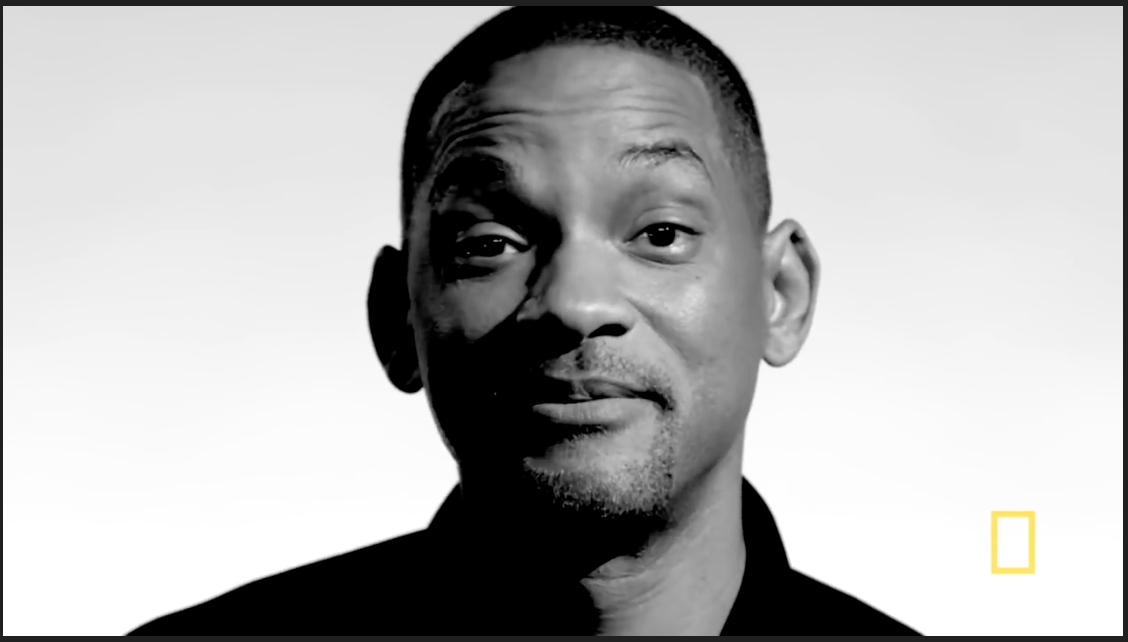
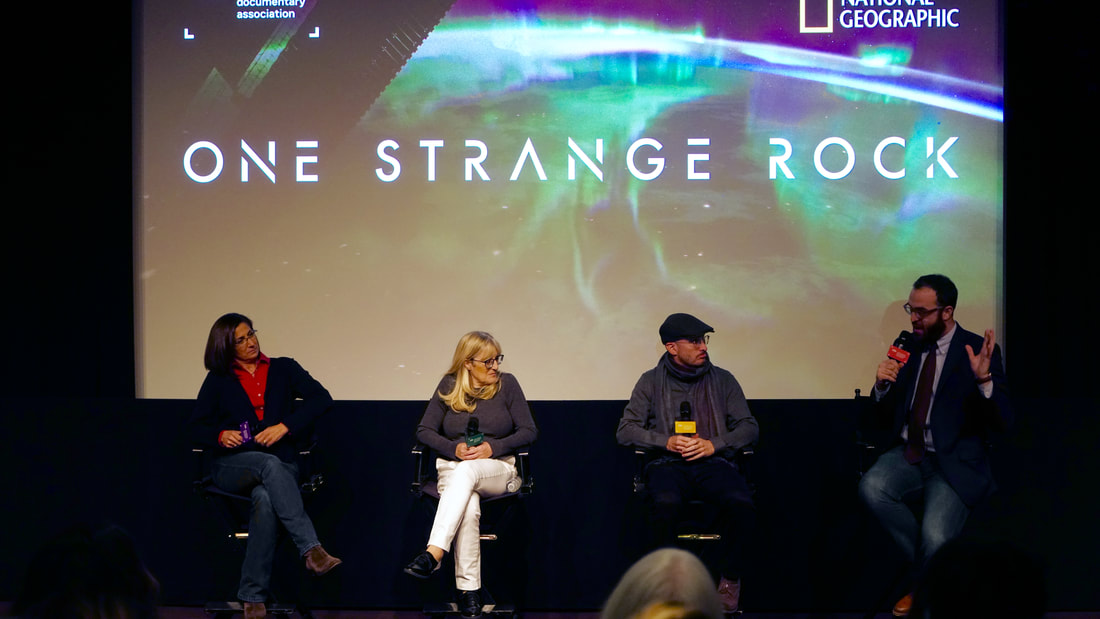
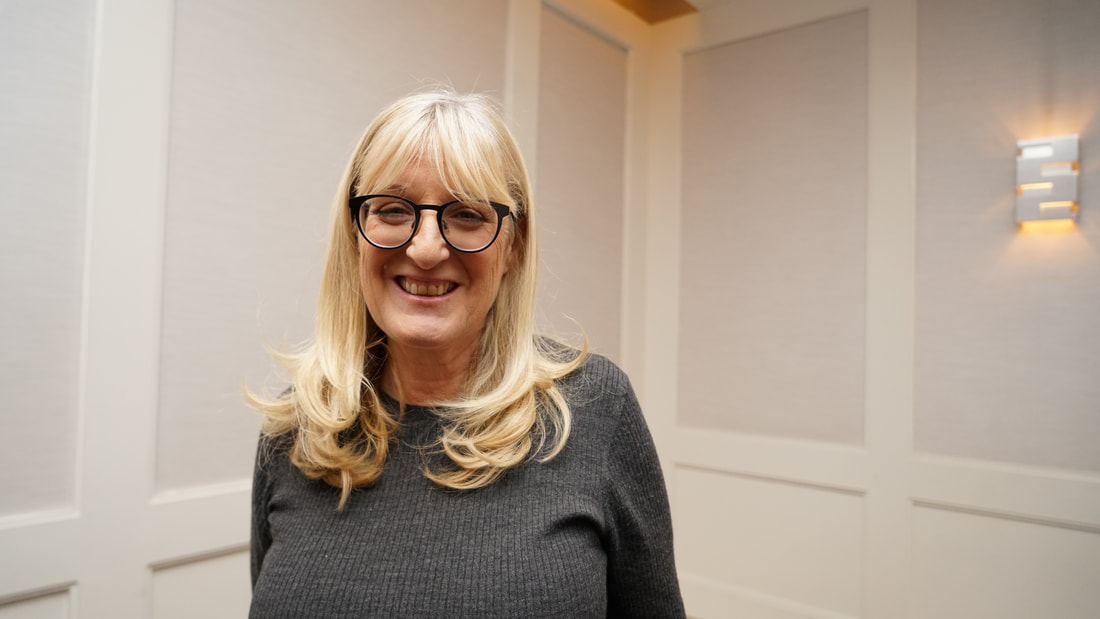
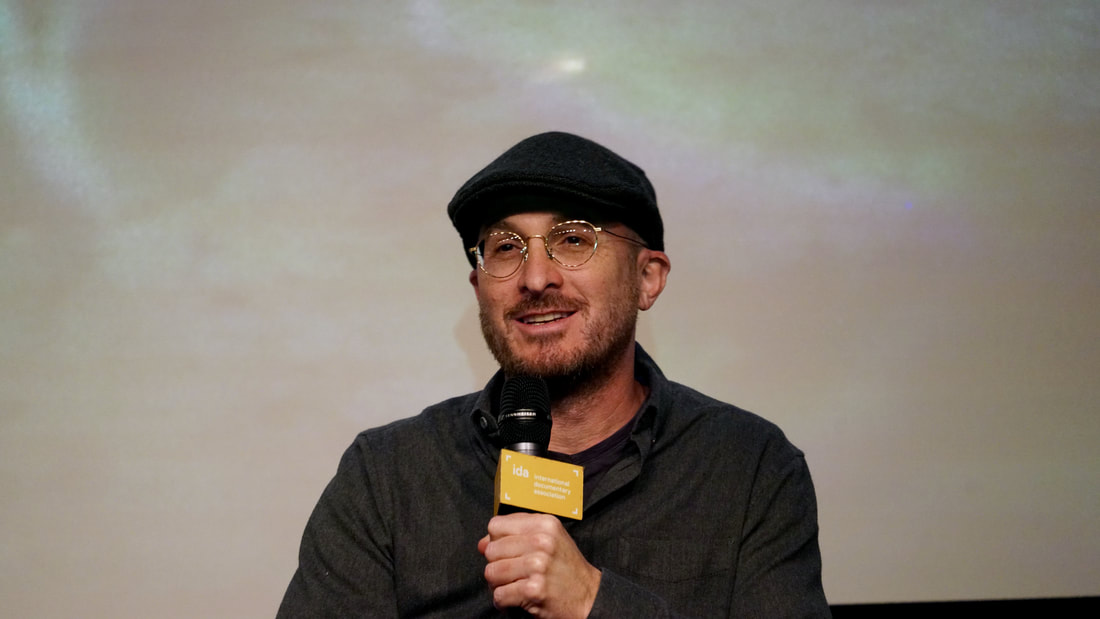
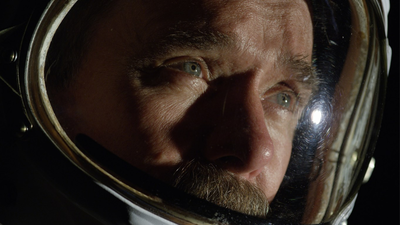
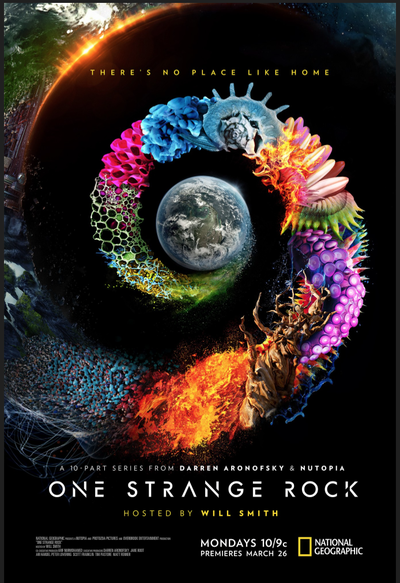
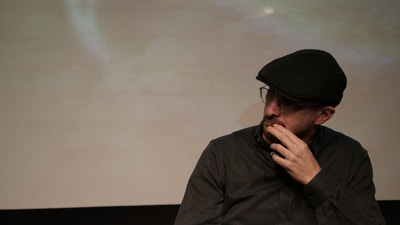
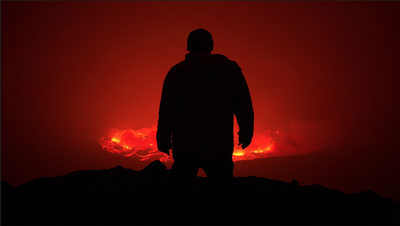
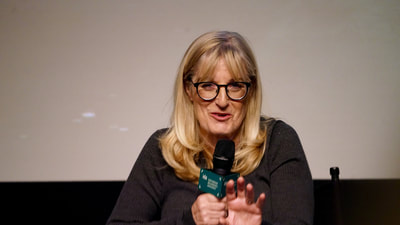
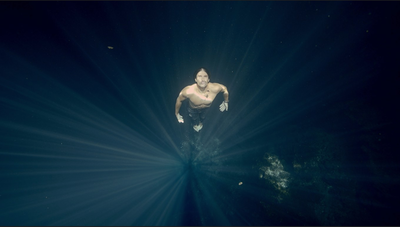
 RSS Feed
RSS Feed